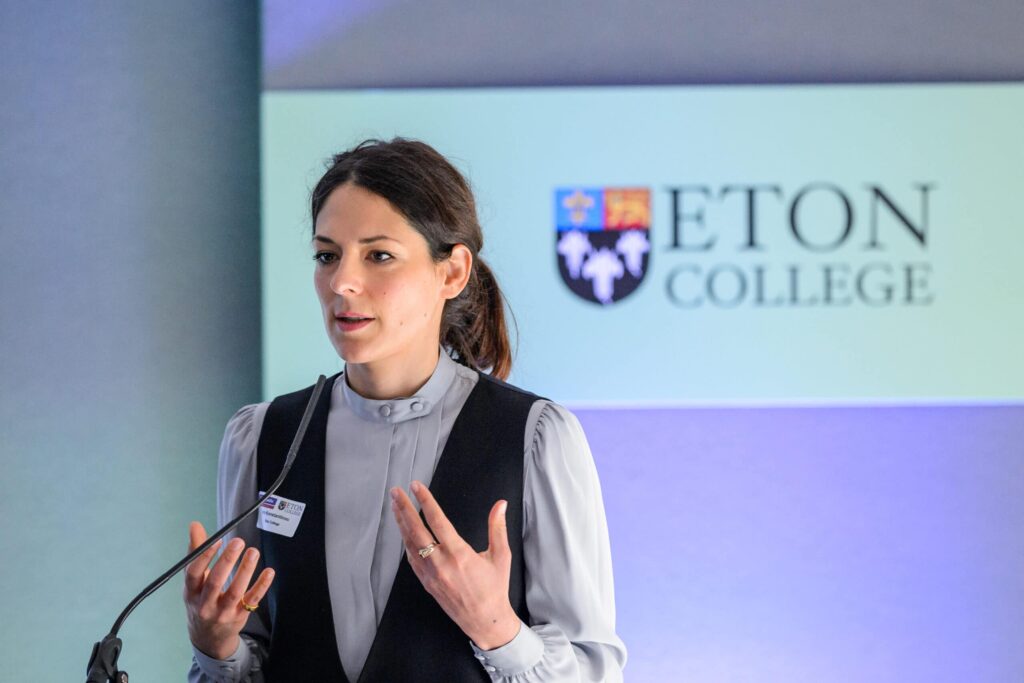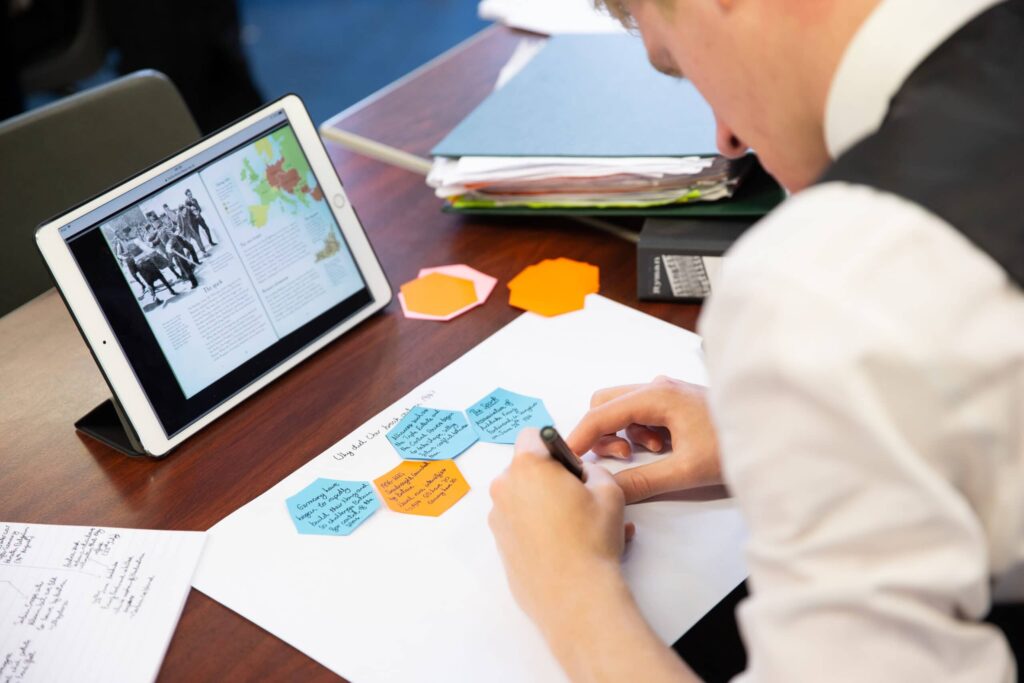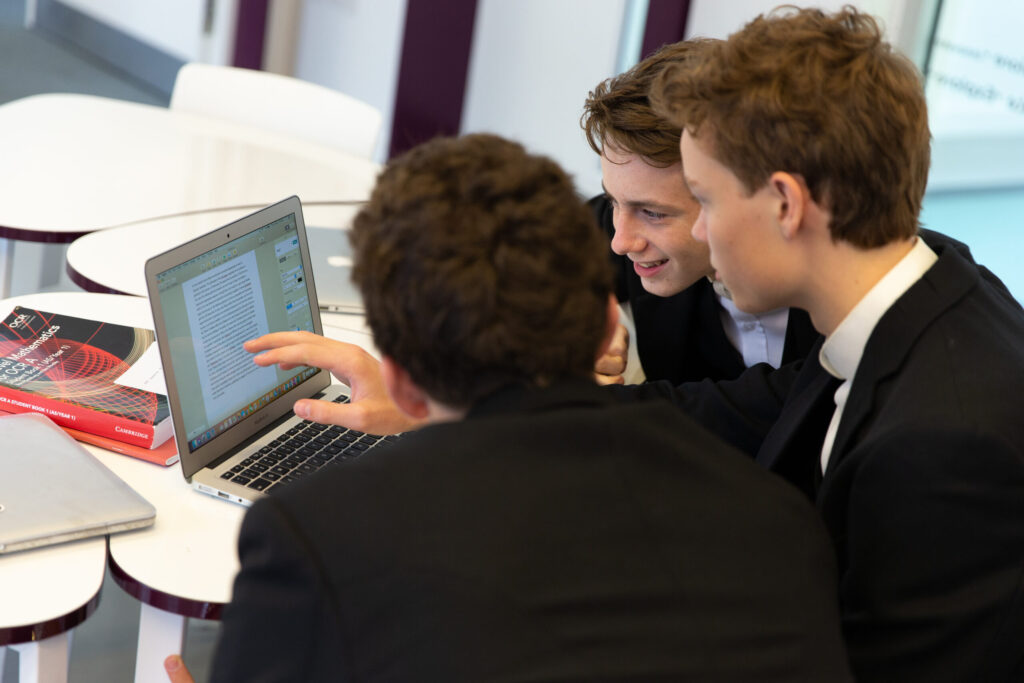(part 2)
Some more key points from the book:
- Risky behaviours peak in adolescence but studies show that adults, young adults and adolescents take the same of risks when they are alone. It is the presence of peers which makes risky behaviours to spike in adolescence as it is at this age that people want the recognition of their friends and social circles.
- Adolescents are hypersensitive to social exclusion. They are very worried how they fit into their social group. This can affect their decision-making as the social pressure to follow certain behaviours can outweigh the risks associated with a particular action.
- People perform differently on cognitive tasks when they are being observed: this is called the audience effect. An audience makes hard tasks harder, and people perform worse at these when being watched. In contrast, people perform better at easy tasks when being watched.
- Running campaigns led by ‘popular’ or ‘respected’ students can be immensely beneficial. In a study conducted by Yale and Princeton, schools which had asked individual students to stand up to bullying and ran campaigns against It saw a 30% decrease in such behaviours.
- A study of the black cab drivers in London, showed that the part of the brain which was responsible for storing episodic memories of past events and laying down new episodic memories was much larger than other men of the same age. This showed that because they were required to use that part of the brain a lot, it has grown bigger. Perhaps the same happens with other parts of the brain; the more they are used for certain tasks, the more they develop the ability to be used for such tasks.
- When does the brain stop developing and becomes ‘adult’? this depends on a number of factors, such as genetic and environmental factors. The scientific studies suggest that in most people the brain will have stopped developing by the forties.




